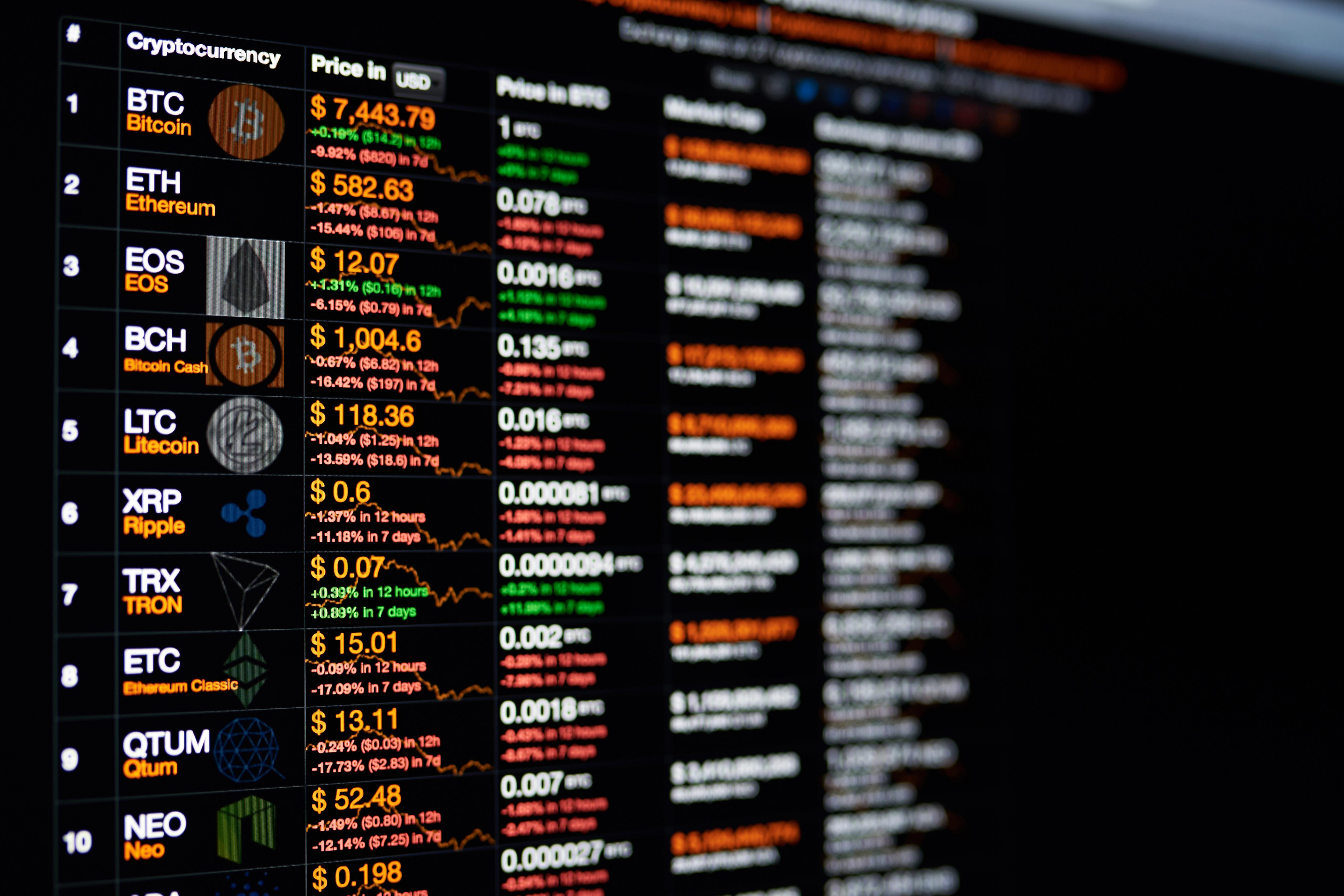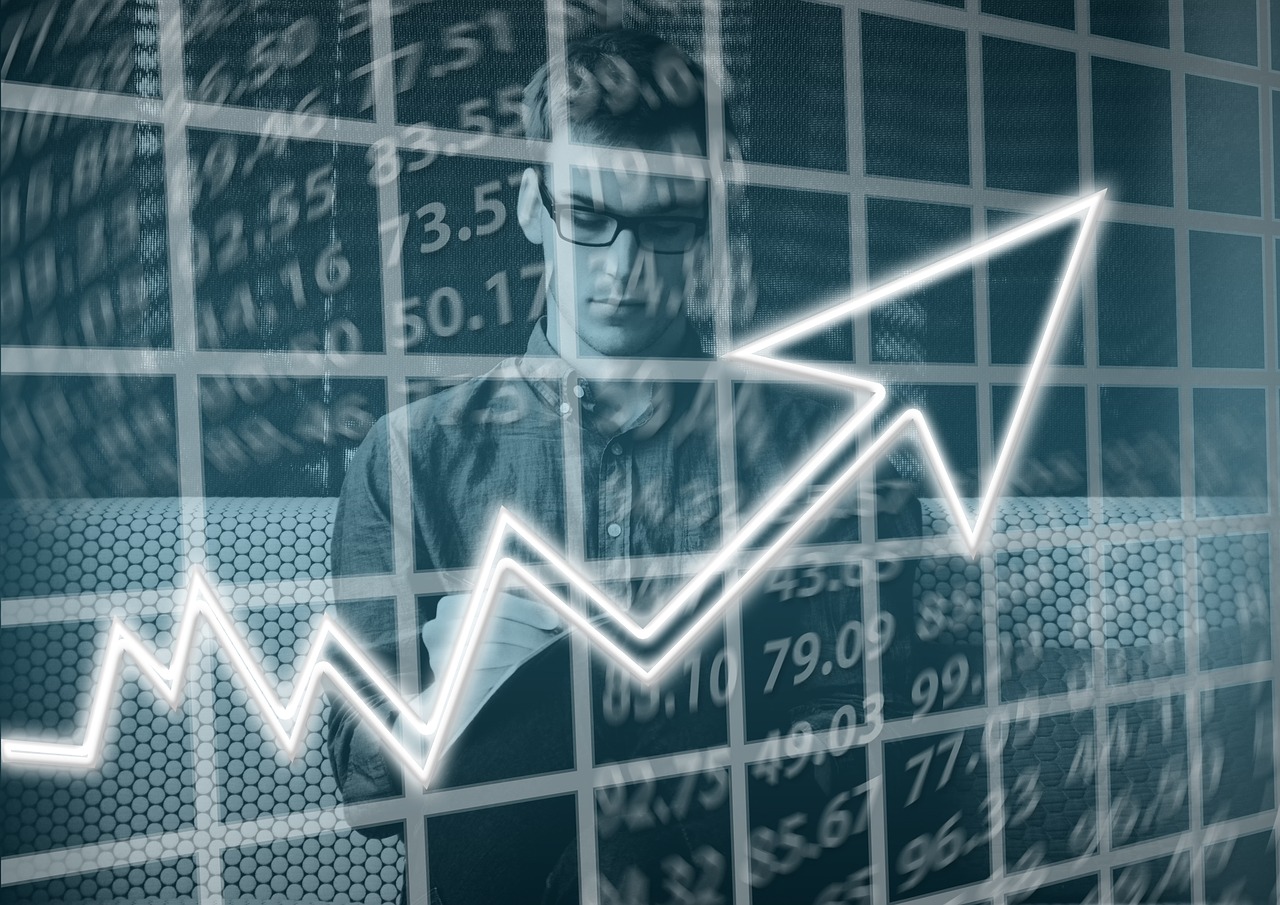Forex is seen as one of the most demanding markets and the most challenging place for individual investors. Eighty percent of forex traders have lost a portion of their capital. However, the remaining handful of traders have multiplied their assets – so there still is and will be demand for this type of brokerage services. But how not to suffer losses trading in the currency markets? What brokers to choose, how much time to spend placing trades using the demo account and what hedges to look for?
How to choose a broker
The choice of a broker depends directly on the strategy a trader adopts when trading forex. Day traders, opening and closing positions within one day, should look for a broker offering low spreads and low commissions. Those in favour of longer-term investments tend to pay more attention to swaps. It is common that some brokers have very low spreads and make up for it on swaps to make profit. And the other way round, low swaps mean less attractive spreads.
As far as making that choice is concerned, the second crucial issue is the broker’s reputation among traders. It’s a misconception to assume that a large broker, or one that has operated in Poland for many years, must have a great reputation. Recently, a case of one of the largest forex brokers was reported to the prosecutor’s office, as it is said to have operated to the detriment of individual clients. This is because the Polish Financial Supervision Authority is quite slow in taking action, and due to the very nature of financial instruments, some of the pressure exerted by brokers may be difficult to detect.
Basically, the best way to choose a broker is to be guided by the opinion it has and your own preferences. Because frauds committed by a broker or situations in which they bend the law are nowadays hardly ever easy to detect.
What is the demo version all about?
How much time should you spend trading using the demo version of the platform? It depends on your past experience and knowledge you have acquired. A novice trader who has never traded forex before should spend three to six months on virtual trading.
Seems too long, doesn’t it? Trading in the foreign exchange market is considered a very difficult way of investing your money. If you want to invest in currencies and stay safe, you need to have experience, preferably one gained without losing your own capital. The first contact with a demo version of the platform usually makes a rookie trader lose all they have. And then again and again.
So, should you switch to the actual version of the website as soon as the demo version starts to bring virtual profits? Absolutely not. A one-off success does not necessarily have to happen again. But, if after a few months your balance is on the plus side and is satisfactory, then it is time to start trading using real money.
However, mind that placing real money on the line differs in many respects from placing hypothetical trades. You need to get ready for much stronger emotions, which can impair your judgement. So, it’s not a good idea to plunge in at the deep end right away.

So, how to stay safe trading forex
A trader should start their adventure with forex with some theory, then move on to practicing on the demo account, and only then start trading with real money. Skipping the first two steps most often than not has miserable consequences.
What’s the role of your theoretical background in ensuring safe forex trading? Technical analysis is in general indispensable when trading in currencies. Only theoretical background will give you the real basics of trading, such as a so-called rule of thumb, i.e. opening long or neutral positions during a bull market, and short positions during a bear market. Analytical knowledge gives you, as a trader, an advantage. Without the right dose of knowledge, it is impossible to correctly assess trading risk.
Where to start when acquiring theoretical knowledge? The origins of forex trading are quite simple, and virtually any book in this field can offer you basic, well-established information about the forex market. It’s good to choose titles published by experts, in paper or electronic form, without bothering to search the Internet for brief pieces of advice that are free of charge. Only once you have mastered the basics, should you get to know your way around investment strategies, at first choosing what seems more intuitive or potentially more profitable to you as a trader.
This stage should be followed by “market analysis”. For a certain period of time you should follow news and opinions of experts, commenting on market developments, in the context of the selected strategy. Day traders often conduct daily webinars with, analysing selected market segments.
Tracking experts’ line of thinking and comparing it with one’s own is initially a much better way of learning than trying to make your own analyses. Having committed mistakes, a novice trader often either has no idea where they came from or draws wrong conclusions. You should start making your own analyses only after some time of following the example of a successful expert of your choice. Then, there comes a time when you can start using a demo version of a trading account for a few months.
How to minimize risk and maximise profits
Diversification of your trading portfolio is the most important method of minimising risk. When investing, for instance, on the stock market, it’s recommended to divide your capital and allot it to several different batches of shares. And, when trading forex, you should exercise even greater caution. It’s recommended to invest about 5% of the capital in a single position.
The biggest ally of a novice trader is the stop loss function, which allows you to thwart losses resulting from a decrease in the value of a given position. A stop loss order is the best answer to the question about how to stay safe trading forex.
Stop loss depends on current market trends. If a trader has decided to trade forex, they should already know what a stop loss order is and how to set it up properly.
Moreover, stop loss may seem to be a tool based on logic, but in fact it’s the opposite – it’s rather unintuitive. The human mind, and in particular the mind of a novice trader, often can’t cope with losing money, which means it has a tendency to constantly postpone placing a stop loss order on a given position, hoping that the trend will reverse. Such an approach is extremely risky (especially when you trade using leverage) and can cost you the loss to of most or even all of your invested capital. And that’s because the trader’s biggest opponent are their emotions and illusory intuition, which often leads you to making pretty poor choices.
Is forex a demanding market? Yes. So, is it impossible to master the art of forex? No.
The forex market gives you an opportunity to make large profits, but also suffer significant losses. However, due to the very high barriers to entry as regards knowledge about trading – trading forex by blindly counting on your luck is the worst thing you can do. In order to make sure you are safe when trading forex, you need to first reinforce your own knowledge, then practice a lot on a simulated account on a platform, and even then you need to stifle your emotions, because they usually pose an obstacle preventing you as a trader from making profit.
But, if the knowledge you have goes hand in hand with good stress management skills, there is no reason why an investment in the foreign exchange market would fail to bring the expected large profits.

